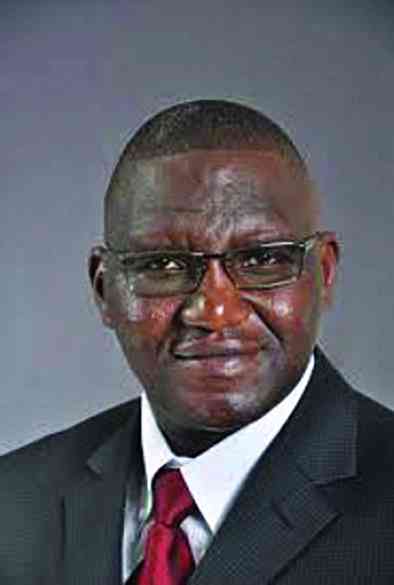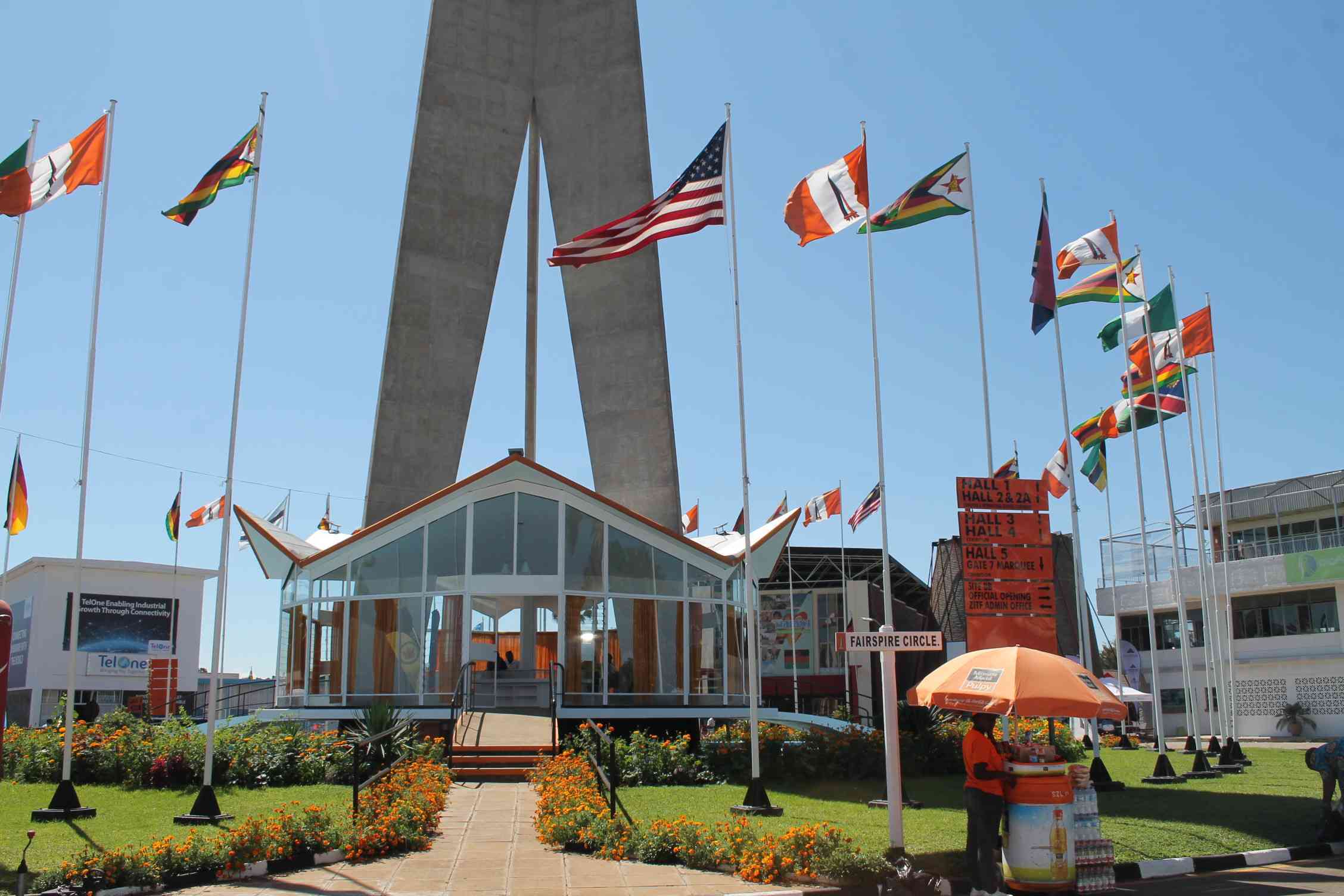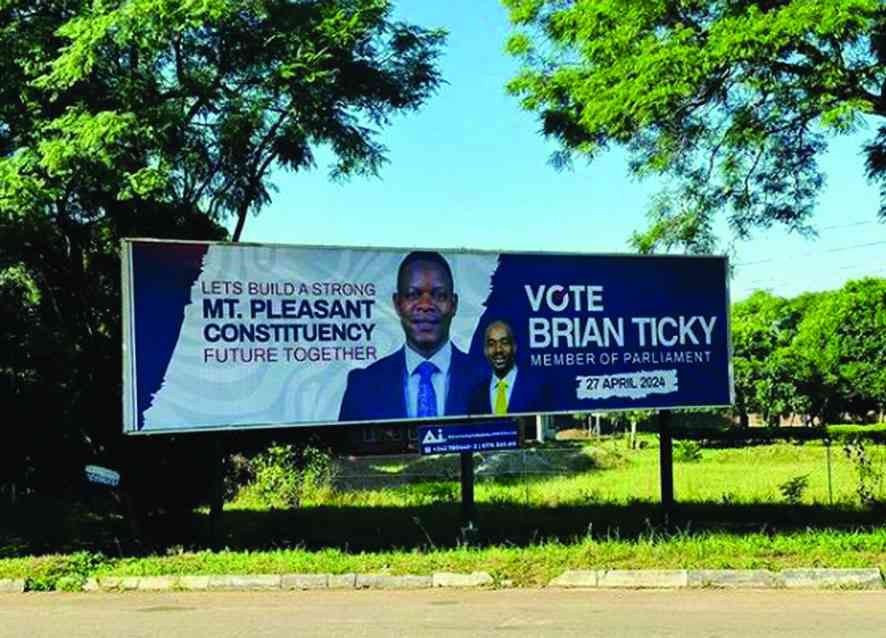
BY PRIDE MZARABANI CIVIC society organisations have described the Health Service Amendment Bill, which is currently before Parliament as repressive.
The Bill seeks to align the Health Service Act to the Constitution.
It contains provisions that bar health workers from speaking out or embarking on job action for a period exceeding 72 hours.
Clause 5 of the Bill seeks to pronounce the health sector as an essential service.
Public interest litigation specialist at the Zimbabwe Human Rights NGO Forum Darlington Marange said: “This Bill restricts the rights of health workers to conduct collective job action and it proposes a punishment of up to three years for strikes.
“While we understand that health workers provide essential services to save life and they are sometimes restricted to conduct collective job action, international best practices and standards require that where there is this restriction, this should be compensated by effective and efficient dispute resolution mechanisms that will allow health workers to air out their grievances with the government.”
Marange said the Bill was not in line with international best practices as it restricted the rights of health workers.
Zimbabwe Association of Doctors for Human Rights secretary-general Norman Matara told NewsDay that health workers were unhappy with the proposed law.
- Chamisa under fire over US$120K donation
- Mavhunga puts DeMbare into Chibuku quarterfinals
- Pension funds bet on Cabora Bassa oilfields
- Councils defy govt fire tender directive
Keep Reading
“The Bill takes away the constitutional, democratic rights of health workers to go on strike and we think that section must be struck off. We also note that members of the Health Commission are appointed by the President and the Minister of Health has an oversight role over the commission.
“All decisions made will be made in consultation with the minister. It means that members of the commission will be serving at the pleasure of the President, and so their independence is questionable,” Matara said.
Medical and Dental Private Practitioners of Zimbabwe Association president Johannes Marisa said the Bill would worsen the current situation of brain drain in the health sector.
“It is a vindictive piece of law yet we are trying to contain brain drain. The government should come up with pieces of legislation that do not demoralise the already understaffed medical sector.”
Marisa said health workers were worried that the proposed law would give power to appoint commissioners to the Executive.
He suggested that members of the Health Services Commission must be subjected to public interviews like what happens with Judicial Service Commission members.
- Follow Pride on Twitter@MzalahAnesuh










